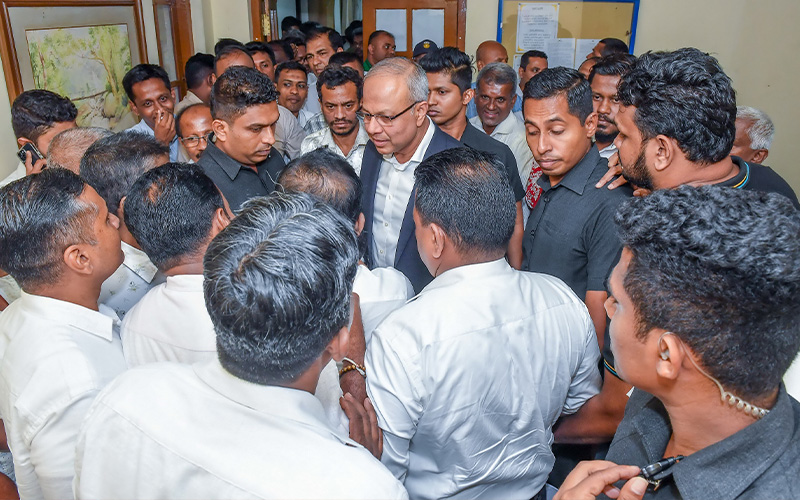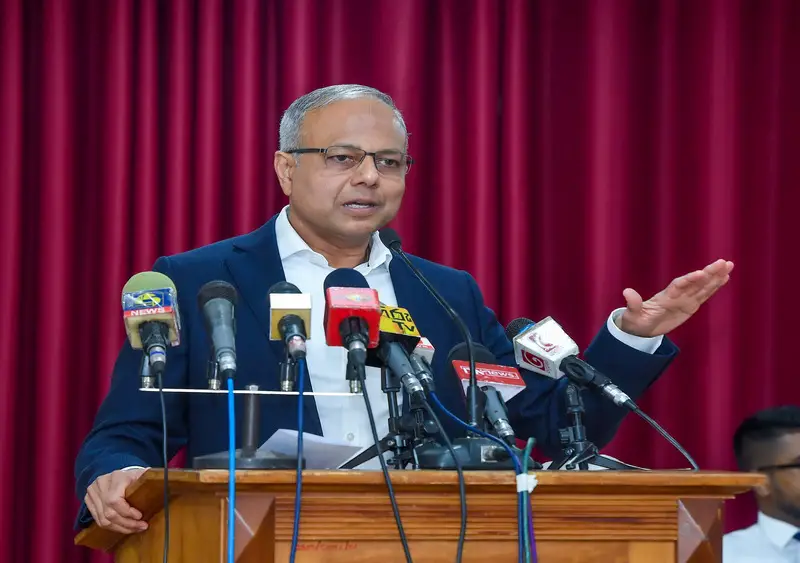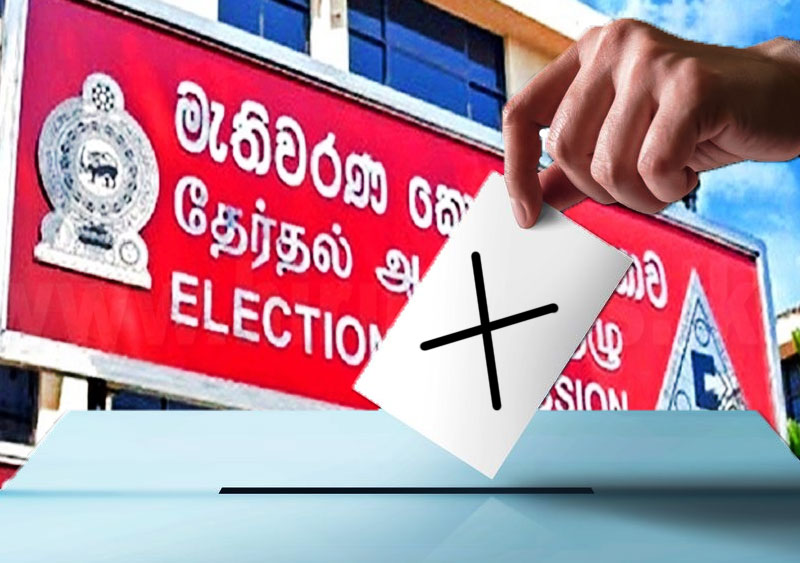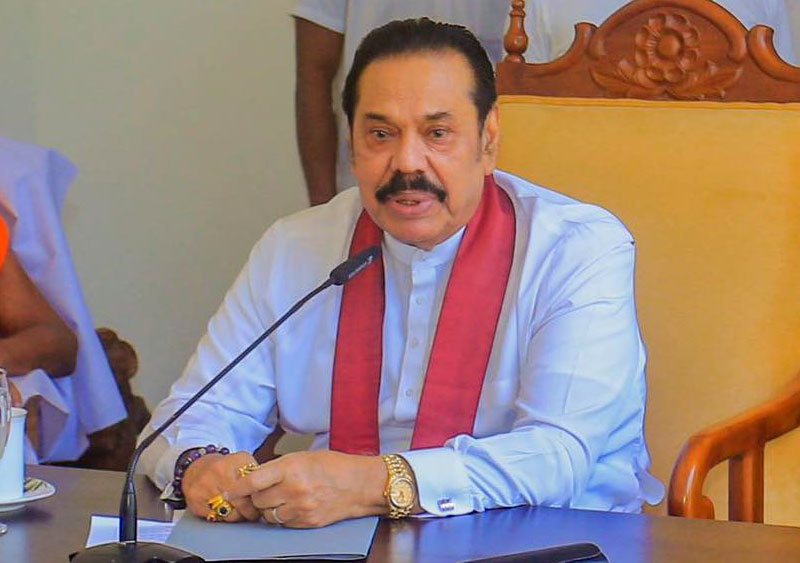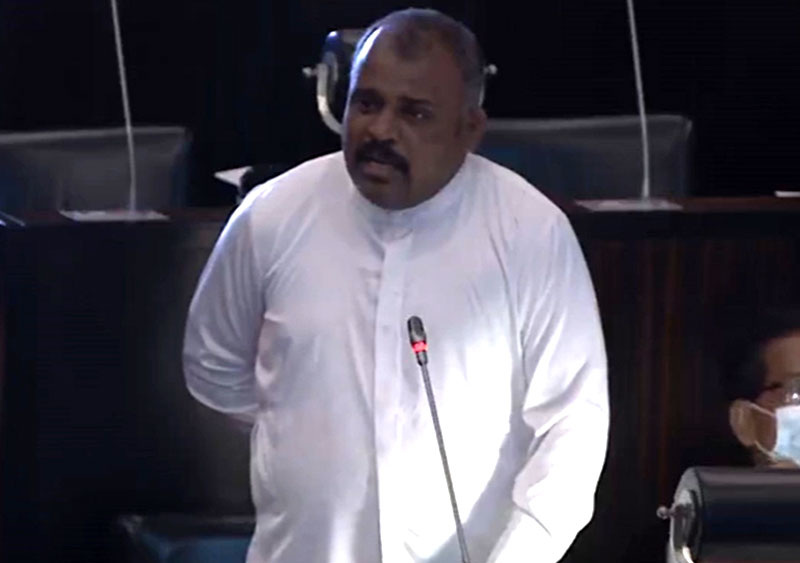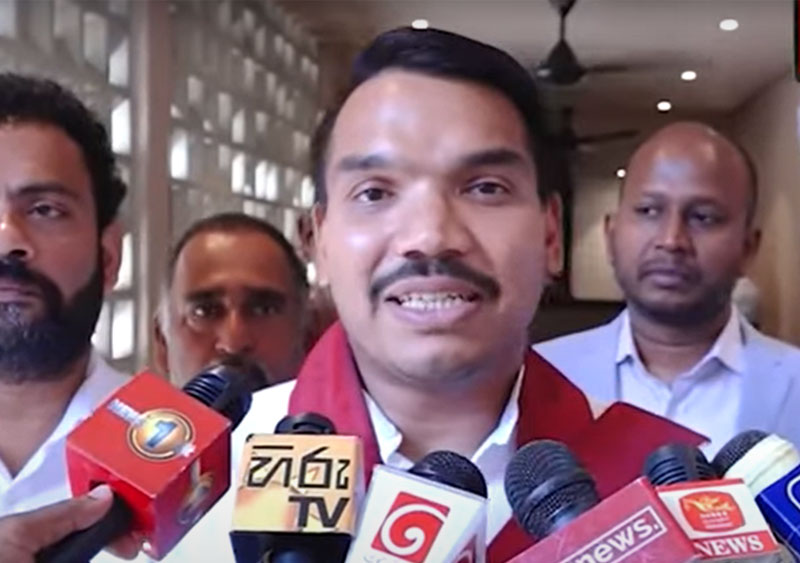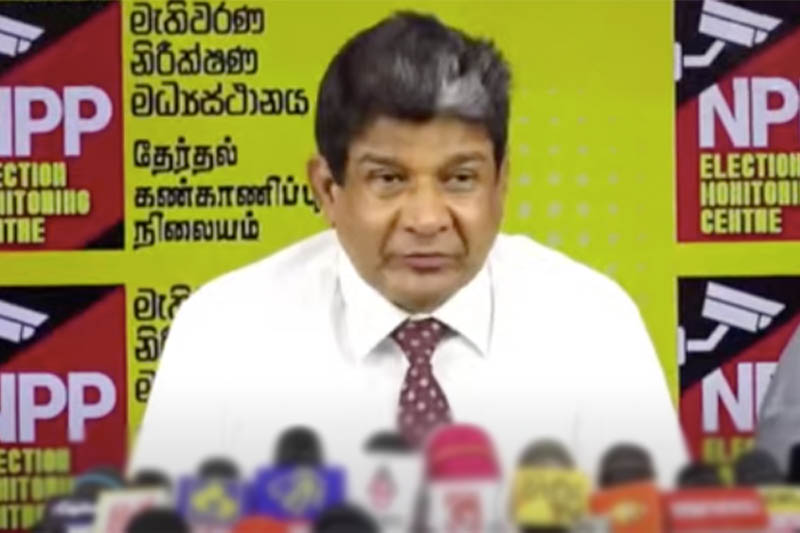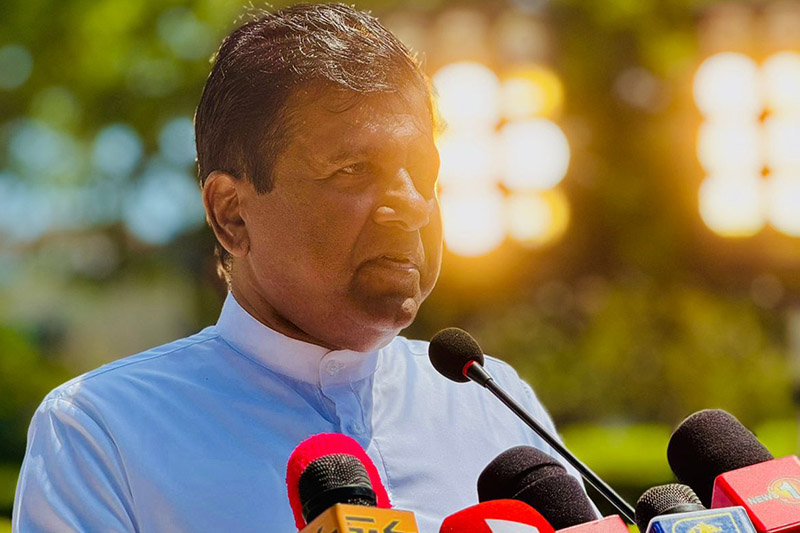The Chief of Staff to the President and National Security Advisor Sagala Ratnayaka said that many long-neglected economic reforms essential for the country’s progress are now being implemented under President Ranil Wickremesinghe’s leadership.
He emphasized that past decisions driven solely by electoral considerations had led to economic setbacks, but the current government’s reforms, though not immediately yielding results, will benefit the youth and future generations.
Ratnayaka made these observations during an awareness conference on the 2024 Budget Proposals held at the main auditorium of the District Secretariat, Matara recently.
He highlighted that while the country’s economy has stabilized, the income of the people has not kept pace with the rising cost of living. As such, he said the government is actively pursuing reforms across all sectors to provide maximum relief to the people, adding that the modernization of the agricultural sector will significantly boost people’s income levels.
He noted that funds have been earmarked in this year’s budget to revive small and medium-scale projects that faltered during the economic crisis.
"By fostering growth in the construction industry, it will be feasible to generate a significant number of jobs once again, and the government has initiated the requisite programs to facilitate this," Ratnayaka added.
Expanding on his remarks, the President's Chief of Staff recounted the dire circumstances the country faced a year and a half ago, characterized by long queues for gas and fuel and a lack of confidence in accessing essential medicines.
He described the nation as being in a state of bankruptcy, with insufficient funds to sustain basic government operations or import fuel and gas. Amidst this turmoil, public unrest escalated, leading to the deterioration of law and order and widespread destruction of state property.
"However, within a short span after assuming office, President Ranil Wickreamesinghe restored law and order and implemented measures to address the financial crisis, ensuring the availability of crucial supplies such as fuel, gas, and medicines," he pointed out.
Ratnayaka also underscored the pivotal role of fertilizer in sustaining agriculture, highlighting its significance in averting a collapse in this vital sector. He also identified two primary factors contributing to the country’s economic downturn: the fertilizer policy’s impact on the agricultural sector and a decrease in tax revenue due to changes in government revenue policies.
Addressing the gathering, he said;
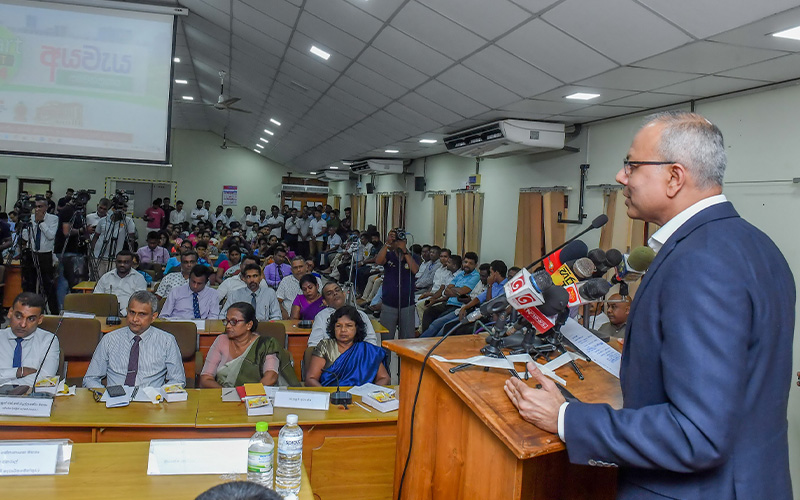
"Additionally, there were several challenges stemming from decisions driven solely by electoral considerations. To mitigate these crises, we received assistance from foreign countries.
Subsequently, the President opted to engage with the International Monetary Fund (IMF) to restore the country’s economic stability. Following extensive discussions, an agreement was reached with the IMF to implement a program aimed at alleviating pressures, including necessary changes to tax policies to bolster government revenues.
The depreciation of the rupee exacerbated the financial burden on the people. While increasing taxes under these circumstances would further strain the people, it was deemed necessary to propel the country forward. Enduring these hardships for a few years could yield relief. Thus, an agreement was signed with the IMF, signalling our commitment to the program.
Unlike other countries facing similar challenges, our swift agreement with the IMF instilled confidence in the international community. The IMF’s assurance that our economy could rebound was instrumental in charting our path forward. Subsequently, we initiated further reforms in consultation with the IMF and other international financial institutions to address the people’s difficulties and secure relief.
One significant program launched in response was the “Aswesuma” initiative, poised for future expansion. This program aims to alleviate financial burdens for the people, with an increased beneficiary count of 2.4 million and triple the funding allocated for prosperity. Direct transfers are made to beneficiaries’ accounts, with plans for digitization to enhance program efficiency.
Measures were taken to reinstate nutritional support for pregnant mothers, expand allowances for the elderly, kidney patients and individuals with special needs, and address nutritional challenges among school children through tailored programs. The on-going development and advancement of such initiatives remain a priority.
Furthermore, the debt restructuring program is progressing successfully, with the bilateral debt restructuring agreement already reached with the Paris Club. Its imminent announcement signals a significant step towards liberating our country from bankruptcy. This development will bolster our ability to secure international loans, attract investors, and negotiate favourable concessions, thus revitalizing the economy.
Our priority is to emerge from bankruptcy and restore normalcy to our nation’s operations while diversifying revenue streams. To this end, we are implementing the Agriculture Modernization Program, which aims to double the yield of paddy cultivation from the current four tons per hectare. These initiatives are slated for implementation in rural areas this year.
Additionally, the tourism industry has garnered special attention. Sri Lanka has witnessed a notable increase in tourist arrivals, with 1,489,000 tourists visiting last year—an impressive twofold increase from the previous year. Although the peak tourist influx occurred in 2017 at 2.5 million visitors, our goal is to surpass this figure by next year. We are developing programs to attract high-end tourists who typically spend around $500 per day, thus boosting tourism revenue significantly.
The government is strategically working to instigate transformative changes across various sectors, including manufacturing and construction industries.
Moreover, we are in the process of establishing the necessary legal framework to introduce new regulations such as the Economic Commission, aimed at fostering confidence for international business dealings. Many of these laws have already been drafted, presented to Parliament and legalized. Furthermore, numerous proposals are anticipated to be presented and approved in the future.
These concerted efforts have spurred rapid economic development in our country. However, it is imperative to stay the course to avoid regression. We have all experienced the repercussions of past economic downturns. Despite political challenges, implementing long-overdue reforms is crucial for the nation’s future.
While immediate results may not always be evident, future generations and youth will undoubtedly reap the benefits. Therefore, it is essential to persevere on this trajectory, ensuring that these economic reforms, once enacted through Parliament, are systematically executed. National unity is paramount to achieve this goal."
